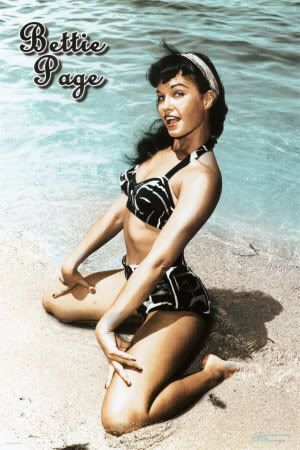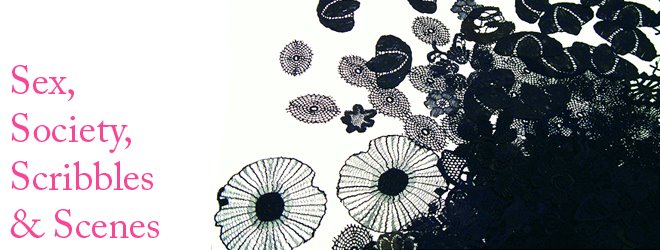I read
this article by Germaine Greer today. In it she is suggesting that high heels don't empower us, and the addiction to them is all "our" (read: women's) fault. Yes, it's all our fault! We prevent our own empowerment. With our love of shoes.
Now, it's worth a read, and I do suggest you pop over there and have your thoughts provoked. But it's something about the following paragraph that really puzzles me:
"Ever since the courtesans of Ancient Greece signalled their presence by the clacking of their shoes, high heels have been sexy. The margins of my surviving schoolbooks are filled with drawings of f***-me shoes. As an eight-year-old whiling away the long hours of watching over my baby sister I would prop my feet on dominoes set on their ends, and twirl my newly leggy self in front of my mother’s full-length mirror, yearning for proper high heels. Sadly, long before I was old enough to wear them, I had grown too tall. Like Jackie Kennedy, Princess Di and now Carla Bruni, I found myself restricted to kitten heels or downright flats. "
When I read this, I think....um, you aren't
allowed to wear high heels because you are tall? How exactly is specifically choosing NOT to wear heels, because of your height, empowering yourself? Wouldn't it be quite the opposite?
Now I know some very tall women who don't like to wear heels. They don't like to tower over men, or their friends. It makes them feel less feminine, I suppose. As a person who is, by conventional standards, tall at 5'8", this has never been a question for me. I always wanted to be taller. So I will wear 4" or higher heels without a second thought. In fact, there's nothing I love more than the feeling of being taller than a man, or looking eye to eye with a man over 6' tall. I find it empowering, and it makes me feel sexy. Which is also empowered, in my books. But that's another blog entry, I suppose. And so it's hard for me to relate to the feeling of being "restricted to kitten heels," because I've never felt restricted.
Isn't this the ultimate in empowerment? Freedom? Never feeling restricted? That it is your choice to do and say and wear whatever you please?
The love that women have for shoes runs much deeper than the height of the heel. Single women are a new purchasing segment of the luxury market - and yes, we are sold to in a sexist, sometimes offensive manner. But we have spending power like we've never had before, because we are more liberated than we've ever been before. The correlation between Sex and the City and shoes isn't just that Carrie Bradshaw preferred shopping to sex, as Greer suggests. It is simply a new model of woman. Carrie Bradshaw, however unrealisitically, was an independant woman. She had her own apartment, worked full time, dated, had friends, and
bought herself things with the money she earned. I don't want to equate empowerment with the ability to buy things. However, one way of looking at it is that Carrie wished to demonstrate her wealth - her self-made wealth - with her shoes. This is her choice, and I'm not sure that I can buy that this action constrained her in any way.
To me the modern idea of feminism and empowerment is centered on the right to choose. One must be aware of the fetishistic association with heels, and the physical discomfort. They can think of the weakness that heels ensure - for example the inability to run away from an attacker. If a woman is aware of all of these things, yet chooses to wear the shoes anyhow - for her own reasons - is this right to choose not empowered? I feel that it is. I feel empowered in the right environment in high heels. Because I dress for how it makes
me feel, not for how I think it makes others feel. I think most women do.
What are your thoughts on this?










